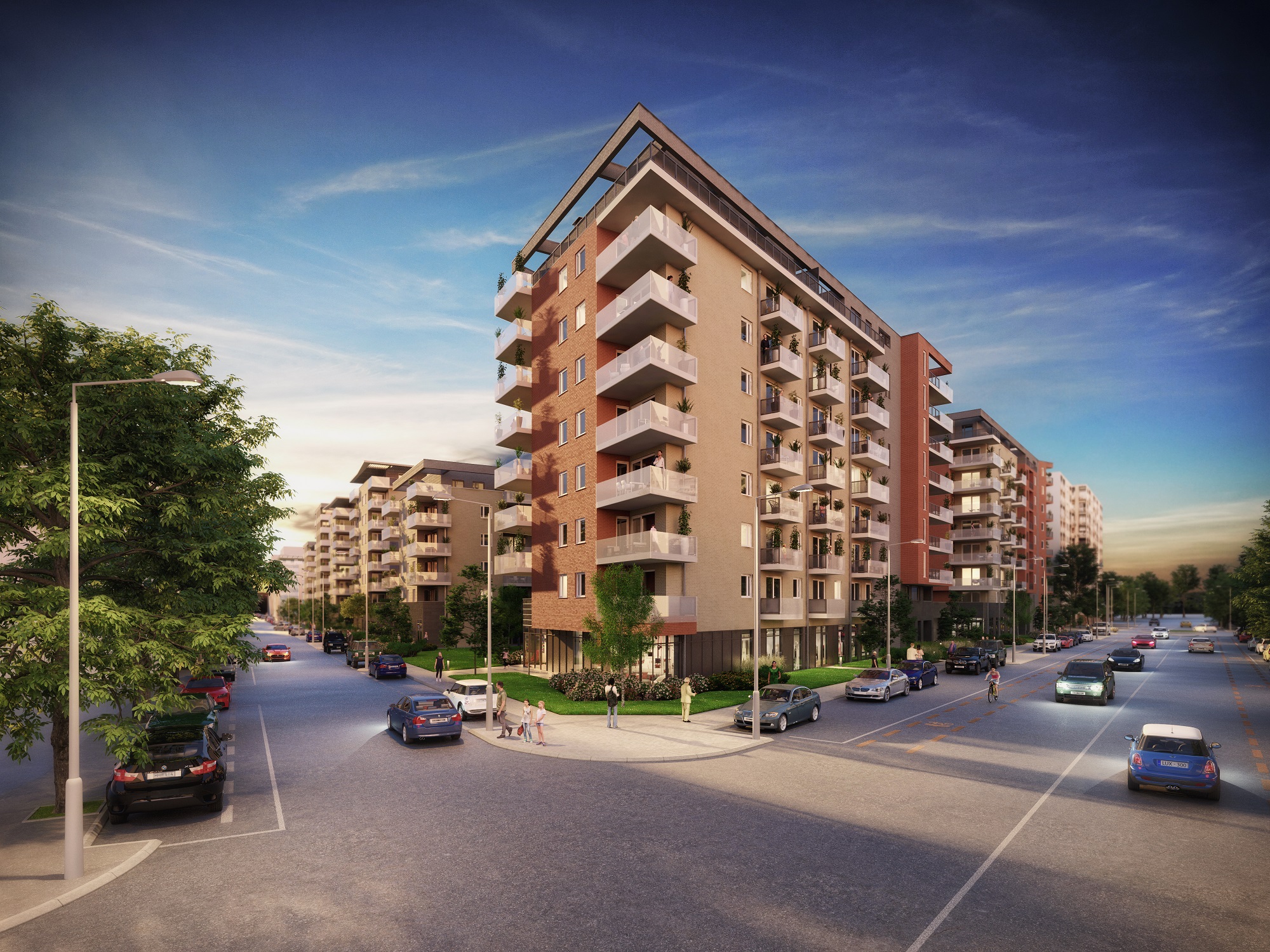CCTV: Is Big Brother Budapest Watching You?

Photo by Azat Valeev/Shutterstock.com
Walking the streets of Budapest, you can see plenty of CCTV cameras, but no one knows for sure how many there are; most are oblivious to whether they are being watched at all. The Budapest Business Journal talked to three experts about this issue, which concerns all citizens and raises questions that touch on public security, data protection and GDPR.
Photo by Azat Valeev/Shutterstock.com
Let us start with the question of how densely Budapest is covered by CCTV cameras. Many people seem to believe there is a camera on almost every corner, but Arthur Keleti, president of the Voluntary Cyber Defense Consortium (KIBEV), self-styled cyber-secret futurist, IT security strategist and author of the book “The Imperfect Secret”, says that is certainly not the case.
“We do not have accurate information, but according to our assumptions and public data, much of Budapest – 50-60% – is not covered,” he tells the BBJ.
In any case, he argues the real concern should be quality, rather than quantity. “Most of the authorities are working with lower quality cameras due to the low budgets of the municipalities and the public cameras are often not properly set up. Many times, cameras are only good at documenting, and they may lack even that level of quality. The capabilities of older analogue or LP systems are limited compared to today’s more expensive, modern cameras.”
As for the security cameras installed by smaller companies, they usually only monitor the shop and space immediately around it. “Most of these are not properly set up and are often not regular cameras either. If someone reports these cameras, say because they are disturbed by the location or what it might record, then the authorities will take action, but only in that case,” the expert emphasized.
In other words, the authorities are reactive, rather than proactive, when it comes to policing who is recording what.
Is an ordinary citizen entitled to set up CCTV to monitor his or her garden or front gate? How seriously do the authorities deal with unauthorized use of security cameras?
“At the moment, public spaces cannot be photographed or recorded either by an individual or by a company, meaning you only have the right to set up cameras to capture private space,” says Keleti.
Court Evidence
“This is the official interpretation by the National Authority for Data Protection and Freedom of Information, according to GDPR regulations. Otherwise, the authority (usually meaning the police) does not necessarily mind if a camera records a public space and provides evidence for them in the case of a crime. These recordings can help on the investigative basis, but cannot provide evidence to present to a court during a trial.”
The expert has a story to illustrate exactly that point. “A few years ago, in a housing estate apartment, a camera recorded a burglar who tore the front door open, broke in and stole many things from someone living there. The burglar looked into the camera, he was perfectly and clearly recognizable. He was later captured by the police but the footage could not be used as evidence in court because it was not recorded on official hardware and it was not indicated outside the front door that there was camera surveillance inside,” he explains.
What about public security systems. Could these cameras see into our homes through a street side window? According to Keleti, this is unlikely to happen. “They’re not focused there, and the resolution isn’t good enough,” he says.
However, a lot depends on the actual capability, resolution, focus, or extra features of the camera (e.g. night vision, voice recording), as well as angle of view; technically, given the right equipment, it is possible.
However, Dr. Ágota Albert, a data protection lawyer and officer, adds that no self-respecting company or council would allow such a thing.
“This type of data processing is such a level of interference with the private sector that any organization operating the camera is likely to seriously infringe upon the fundamental constitutional rights of the persons concerned and the principles of data management,” she says.
But what organizations have access to public recordings in Hungary and do they have well-defined legal regulations on what they can use them for?
According to Keleti, that question need refining: “If we think there was an unauthorized video taken of us or we have other questions about it, can we find out who is managing the footage and who has access?”
Albert advises concerned citizens to find out which organization is using the camera and visit its website for details on its data management. “If we do not find it – and that is the often case – we contact their data protection officer and ask to be informed about those issues,” she adds.
Facial Recognition
And what might the future bring? There are already scandals about facial recognition software and its unauthorized use (though not, thus far, in Hungary), so the real question is, what use authoritarian regimes may have for making such recordings?
Zoltán Kovács, a cybersecurity content consultant, gives the rather alarming example of China, where the police use professional image capture devices like Google Glass in public places and have developed a complete system based on citizen behavior (street behavior, attendance at demonstrations, regular alcohol shopping, etc.)
The police classify citizens according to their behavior, and the authorities decide what disadvantages he or she may receive at a state level (such as prohibiting bus, train, or airline ticket purchases), or benefits if the person “acts like a proper citizen”, Kovács says.
“This very specific system will follow the citizen for the rest of his life, and it is expected to be applied to all residents of Beijing by the end of 2020,” Kovács explains.
Big Brother may not be watching you in Budapest; it seems the same cannot be said for Beijing.
SUPPORT THE BUDAPEST BUSINESS JOURNAL
Producing journalism that is worthy of the name is a costly business. For 27 years, the publishers, editors and reporters of the Budapest Business Journal have striven to bring you business news that works, information that you can trust, that is factual, accurate and presented without fear or favor.
Newspaper organizations across the globe have struggled to find a business model that allows them to continue to excel, without compromising their ability to perform. Most recently, some have experimented with the idea of involving their most important stakeholders, their readers.
We would like to offer that same opportunity to our readers. We would like to invite you to help us deliver the quality business journalism you require. Hit our Support the BBJ button and you can choose the how much and how often you send us your contributions.







.jpg)

